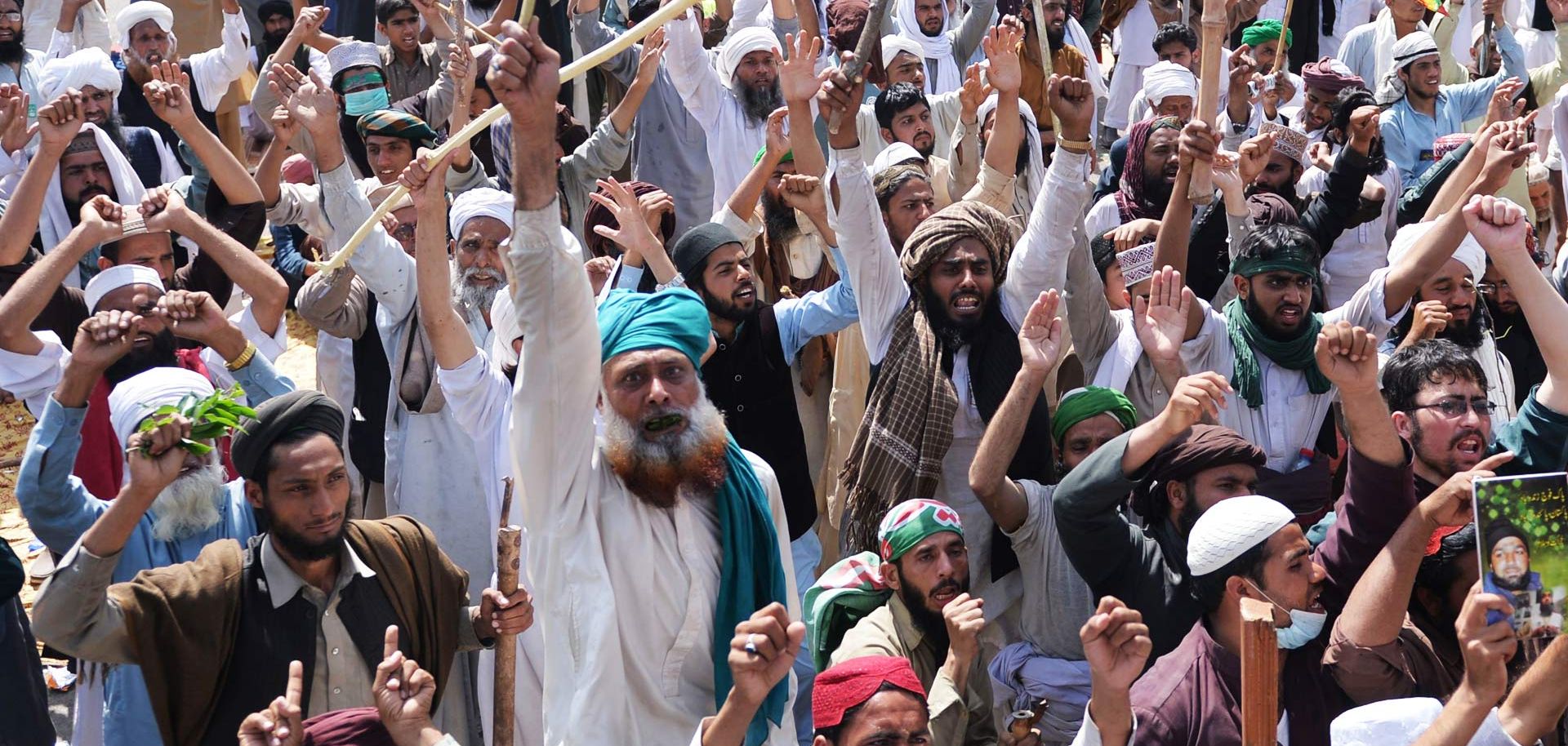The name Pakistan means "land of the pure," but in many ways the country itself is a land of contrasts. Its geography features both the icy Himalayas in the north and the scorching deserts of the south. It is the birthplace of the youngest Nobel Peace Prize winner in history and the warring militant insurgency that sought to kill her. It is the world's fifth-largest democracy, yet its military has overridden the people's sovereignty four times in the country's history.
Even so, none of these contrasts are as consequential to Pakistan's future as the two competing visions of the country's relationship with Islam. The first advocates a secular Pakistan, a pluralistic society in which religion is separate from the state and religious minorities are protected. The second instead envisions a theocracy, a nation shaped by the contours of Islamic law that leads the arc of Muslim nations stretching from South and...

